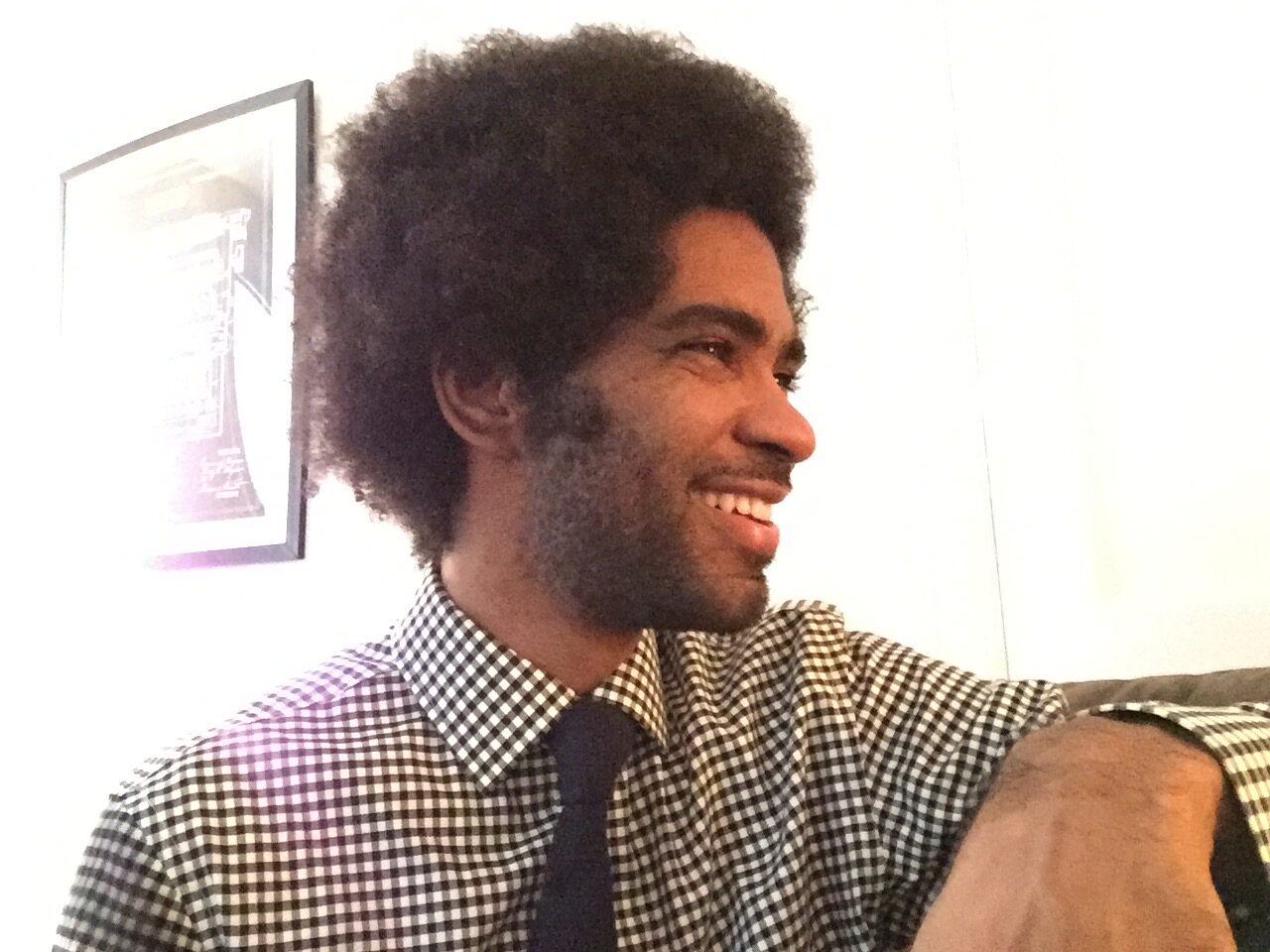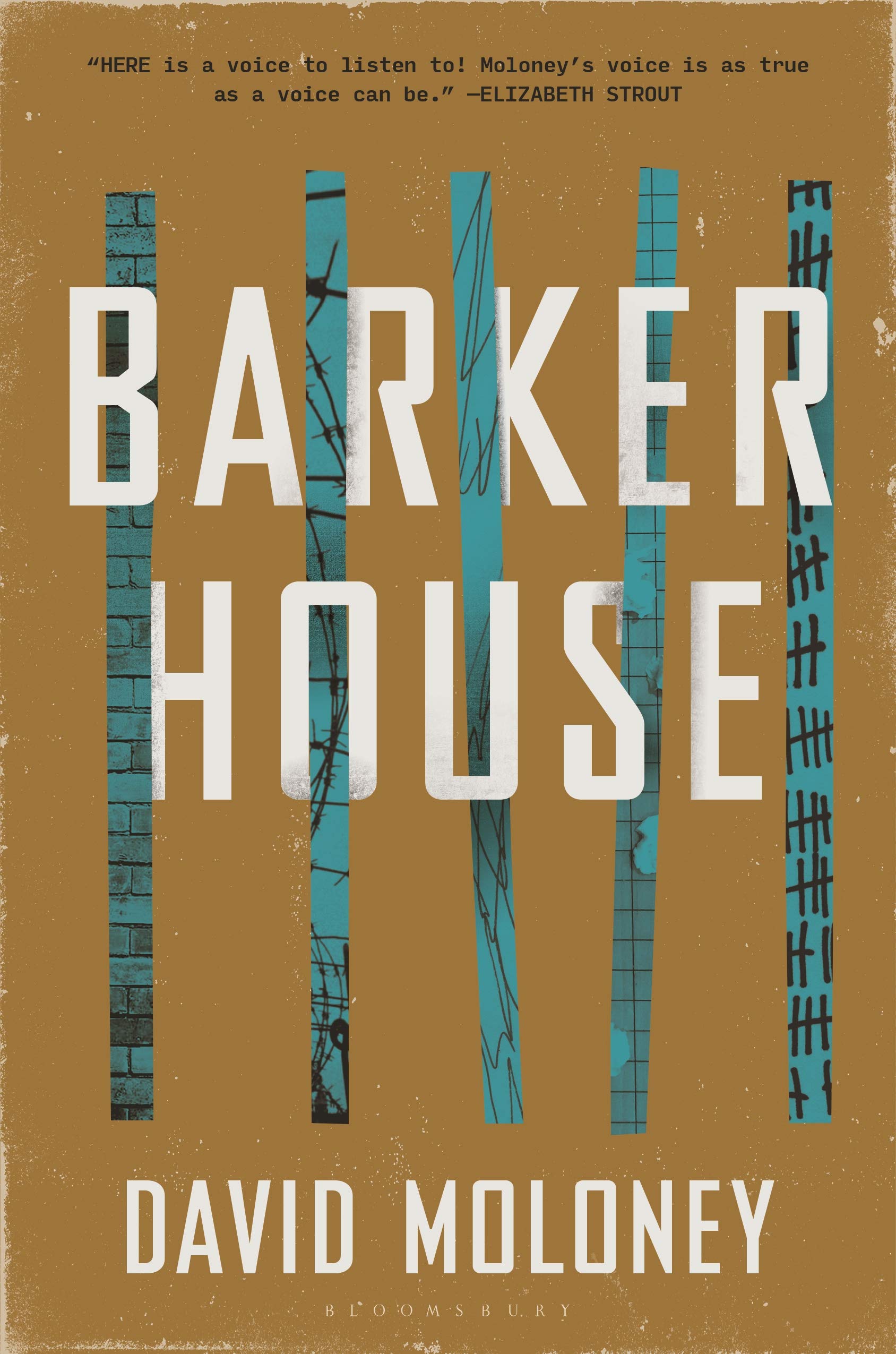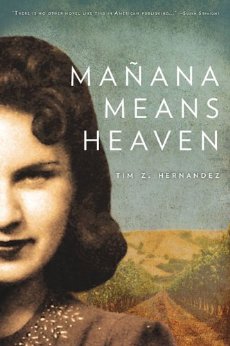Justin Haynes is a finalist for The Restless Books Prize for New Immigrant Writing.
Zaboca Clearing’s zabocas were always ripe and ready, on season or off; we tried not to think about this as we added them to our stews and salads. We suspected a tortured past with the silk cotton tree, some twenty yards beyond the wooden picnic tables, that we know better than to mess with. But the oddest thing of all about Zaboca Clearing, beyond the perma-green grass and the silk cotton tree, or even what might be buried beneath, was the pervading smell of oranges that floated through the Clearing even though there’s no oranges planted anywhere near Zaboca Clearing. It confounded us, raised short hairs on our necks and goosefleshed forearms. Tingled the edges of our ears and moistened tear ducts. It itched our collarbones. All of us except Binary Clem, who could never smell the oranges because of the beating he’d once received for not paying off gambling debts that wrote off his senses of smell and taste and the ability to speak in anything other than ones and zeroes like a corrupted code-breaker, which we suspected was the final straw that chased off his wife Anisa, her no longer able to understand the sweet-nothings whispered into her ears. Binary Clem would watch us cover our noses with the tops of our t-shirts, tank tops and mesh shirts whenever the smell would overwhelm us and would ask, 1-0-0-1-1-0-0-1-1?








